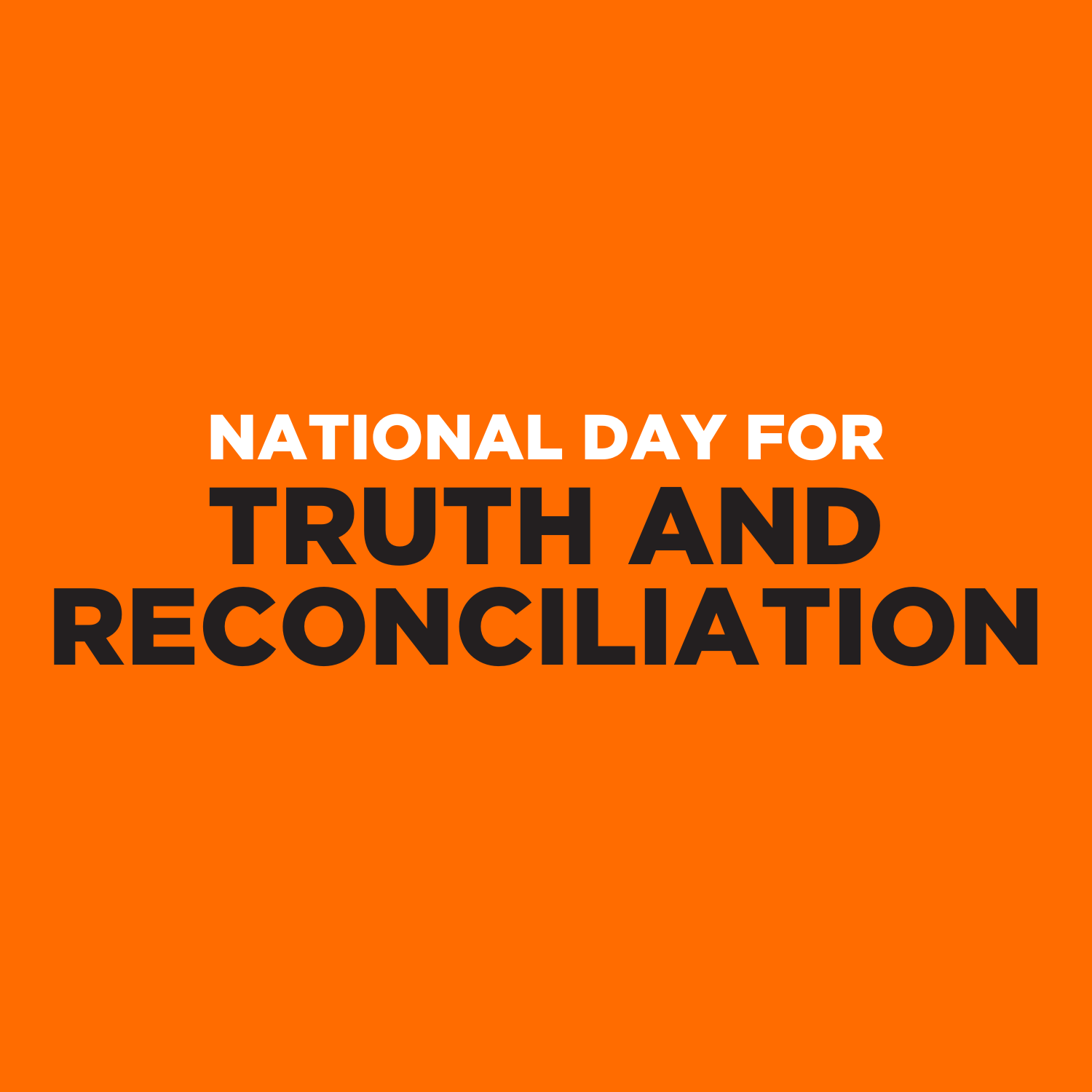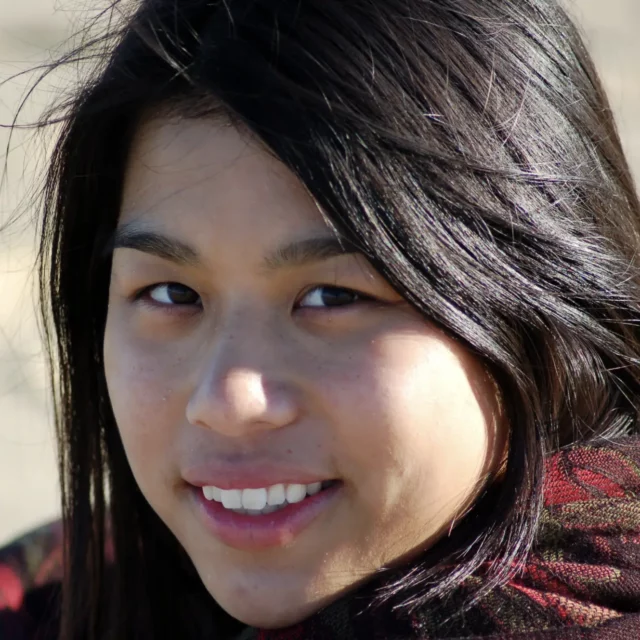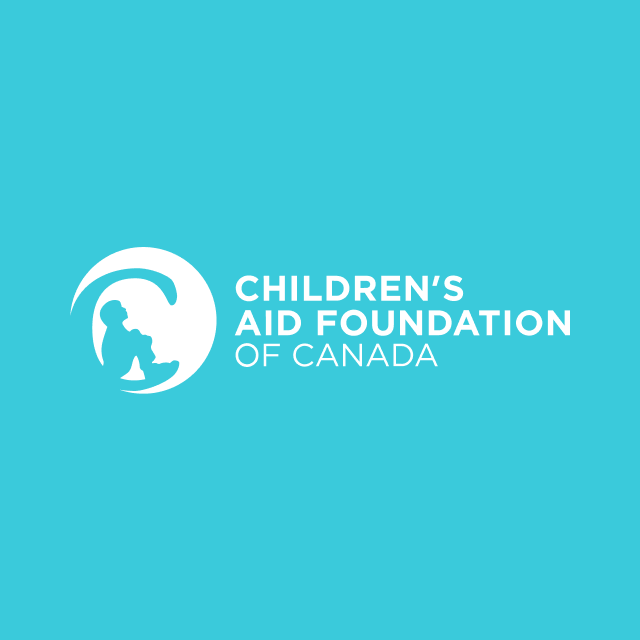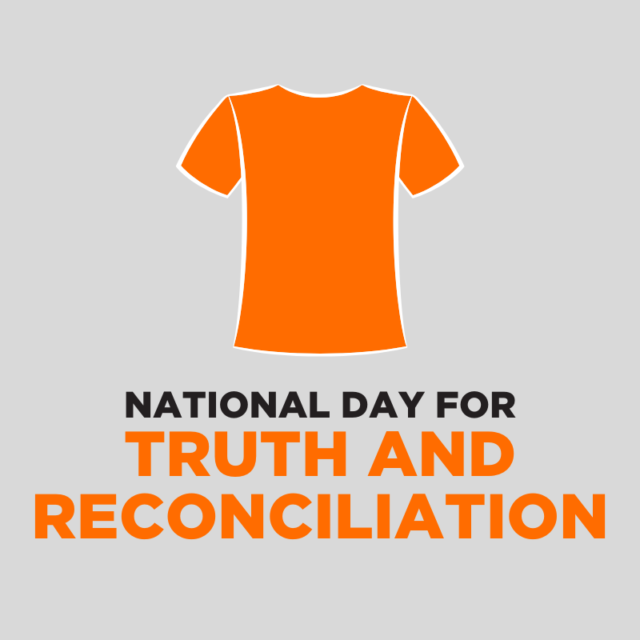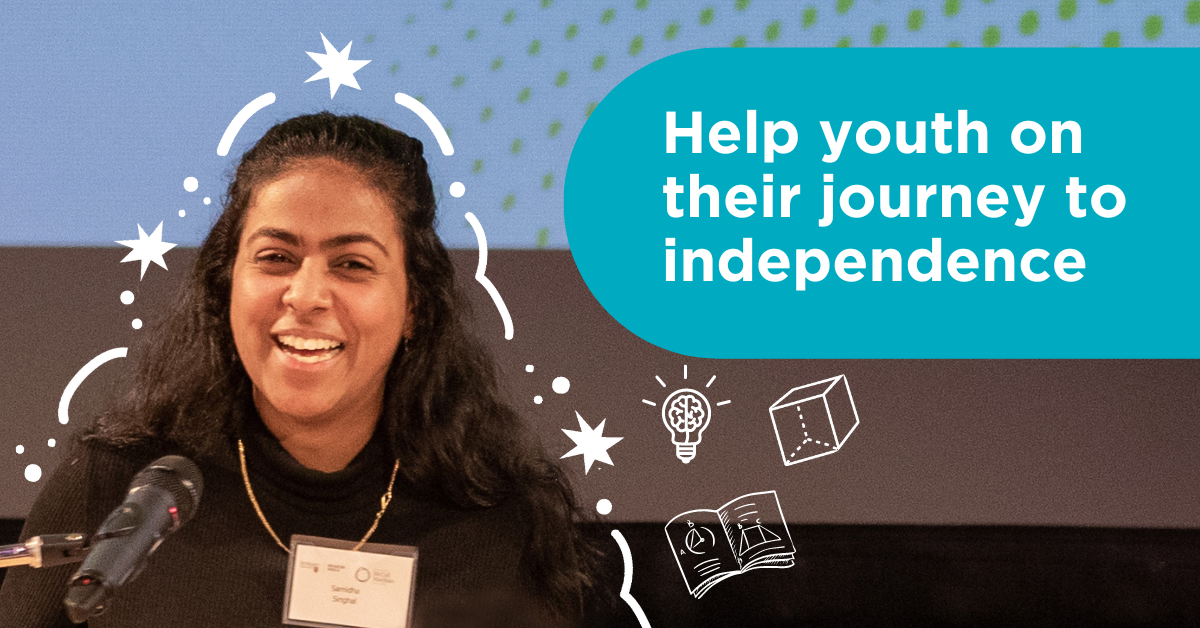Honouring National Day for Truth and Reconciliation
Each year on September 30, Canadians come together to commemorate National Day for Truth and Reconciliation. This solemn day serves as a reminder of the thousands of Indigenous children who suffered in residential schools, as well as an opportunity to honour the Survivors, their families, and communities. It’s a time for reflection on the profound impact of the systemic discrimination against Indigenous families, which continues to resonate through Indigenous cultures and communities today.
Facing the Harsh Reality
Recent statistics paint a troubling picture of the challenges facing Indigenous children in Canada. According to 2021 data from Statistics Canada, despite making up only 8% of the child population in Canada, a staggering 53.8% of children in foster care are Indigenous. There are more than 28,000 Indigenous children in government care today, which is 2.5 times the number that were in residential schools at their peak in the 1930s.
Our Responsibility
At Children’s Aid Foundation of Canada, we are committed to breaking down the systemic inequity Indigenous children, youth and families face today and are committed to addressing our colonial past on our path toward reconciliation. As a Foundation, we’re building new relationships with Indigenous-led organizations, learning from Elders, and community leaders on how we can fill the gaps, think differently, be a good ally to deliver and fund programs that contribute to the safety, health and well-being of Indigenous children and families.
Measuring our Progress
In 2020, we made it a strategic priority to address the overrepresentation of Indigenous and Black children and youth in the child welfare system. This year, our Equity and Inclusion Community Council — a diverse group of voices including child and youth-serving agencies, Indigenous leaders, community organizations, business leaders, and young people — established a framework with key performance indicators to track our progress towards, among other things, increasing the number of grants going to racialized youth in care and ensuring that more Indigenous youth and families experiencing the system have access to culturally focused resources and programs.
The Foundation has also leveraged the expertise of Indigenous-led consultants, like Land and People Planning, who have helped inform program design for a multi-year initiative in Ontario and Manitoba and explored how to make use of tools like the I4DM Definitional Matrix, developed by The Circle, which helps settler philanthropic organization examine their work with Indigenous communities.
Since we began tracking, we have seen a 160% increase in funding directed towards Indigenous-led and focused organizations, and we are currently working with 29 such organizations across the country. But we acknowledge that there is more to be done.
Demonstrating our Commitment
On this day of reflection, we’d like to spotlight a handful of our Indigenous partners and programs. These are initiatives that support our three priority populations: strengthening families so kids can remain safe and at home, reconnecting children and youth in care to their customs and culture, building esteem and confidence so they can focus on completing high school, and supporting the mental health and wellbeing of youth transitioning out of care:
- Safe at Home takes a holistic approach to working with families, equipping parents with new skills and resources to build healthy and nurturing bonds with their children. Our Safe at Home project partners with Native Child and Family Services of Toronto, Nogdawindamin Child and Family Services, Ma Mawi Wi Chi Itata Centre and Sagkeeng Child & Family Services.
- Back to the Land provides Indigenous children and their families opportunities to reconnect with culture, community, and traditions. We have recently partnered with several Indigenous-led organizations, including the Lii Michif Otipemisiwak Family and Community Services Society in Kamloops and Niijaansinaanik Child and Family Services in Dokis First Nation.
- The National Youth Mental Health Fund provides funding to address urgent and complex mental health challenges of young people transitioning from permanent care so that they can achieve their employment and education goals. Partners for the National Youth Mental Health Fund include Animikii Ozoson Child and Family Services in Winnipeg and Sagkeeng Child and Family Services Inc in Pine Falls.
We would also like to thank our Indigenous-led partners for their collaboration and leadership: Animikii-Ozoson Child & Family Services, Anishinaabe Abinoojii Family Services, Anishinaabe Child and Family Services, Association of Native Child and Family Services Agencies of Ontario (ANCFSAO), Child & Family All Nations Coordinated Response Network (ANCR), Cree Nation Child and Family Caring Agency, Dnaagdaawenmag Binnoojiiyag Child & Family Services, Metis Child Family and Community Services, Michif Child & Family Services, Mnaasged Child and Family Services, Native Child and Family Services of Toronto, Nogdawindamin Family and Community Services, Oromocto Child and Family Services, Peguis Child & Family Services , Sagkeeng Child & Family Services, Southeast Child & Family Services, Southern First Nations Network of Care, Surrounded by Cedar Child & Family, Tikinagan Child & Family Services, Vancouver Aboriginal Child & Family Services, Weechi-it-te-win Family Services Inc, West Region Child & Family Services and Yorkton Tribal Council Child & Family Services Inc and more.
Collaborative Initiatives
As a Foundation, we’re lending our voice to advocate for additional resources and to shift policy for Indigenous youth experiencing the child welfare system, collaborating with RBC and the Conference Board of Canada on the report Empowering Indigenous Youth in Care as They Transition to Adulthood: Guidance for Policy-Makers and Funders. This report provides valuable insights and recommendations to improve the lives of Indigenous youth leaving the child welfare system.
We’re also excited to collaborate with the Indigenous Spirit Fund at Native Child and Family Services Toronto for the 2023 Children’s Aid Foundation of Canada Gala – Teddy Bear Affair. This year, we’re proud to welcome and honour Dr. Cindy Blackstock, Ph.D., a member of the Gitxsan First Nation, advocate and social worker, as Honorary Co-chair for the Gala, as well as The Right Honorable Paul Martin, former Prime Minister of Canada whose leadership played a crucial role in achieving the historic 2005 Kelowna Accord, which addressed funding gaps in health, education, housing, and clean water for Indigenous people.
Funds raised at the Gala will be shared with our partner, Native Child and Family Services of Toronto.
Our Ongoing Commitment
Children’s Aid Foundation of Canada is dedicated to ensuring that the values of National Day for Truth and Reconciliation are embedded in all that we do. As an ally and funding partner, we remain steadfast in supporting Indigenous child and youth-serving organizations across Canada. Together, we are working to address the root causes leading to the overrepresentation of Indigenous youth in care and enhance the holistic health and well-being of Indigenous children and families. Let us stand united in fostering reconciliation and building a better future for Indigenous children and communities across Canada.
